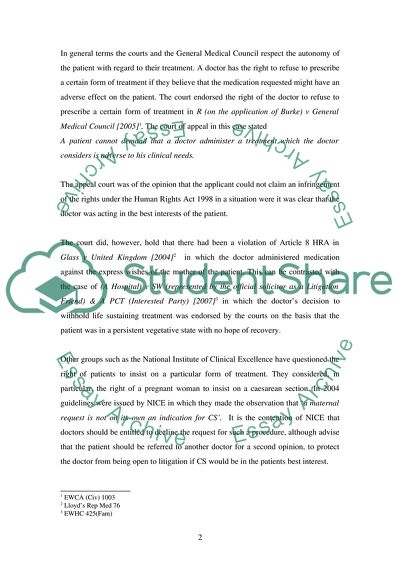Cite this document
(The Aspects of the Medical Law in the UK Essay Example | Topics and Well Written Essays - 1750 words, n.d.)
The Aspects of the Medical Law in the UK Essay Example | Topics and Well Written Essays - 1750 words. https://studentshare.org/law/1721364-uk-medical-law
The Aspects of the Medical Law in the UK Essay Example | Topics and Well Written Essays - 1750 words. https://studentshare.org/law/1721364-uk-medical-law
(The Aspects of the Medical Law in the UK Essay Example | Topics and Well Written Essays - 1750 Words)
The Aspects of the Medical Law in the UK Essay Example | Topics and Well Written Essays - 1750 Words. https://studentshare.org/law/1721364-uk-medical-law.
The Aspects of the Medical Law in the UK Essay Example | Topics and Well Written Essays - 1750 Words. https://studentshare.org/law/1721364-uk-medical-law.
“The Aspects of the Medical Law in the UK Essay Example | Topics and Well Written Essays - 1750 Words”. https://studentshare.org/law/1721364-uk-medical-law.


